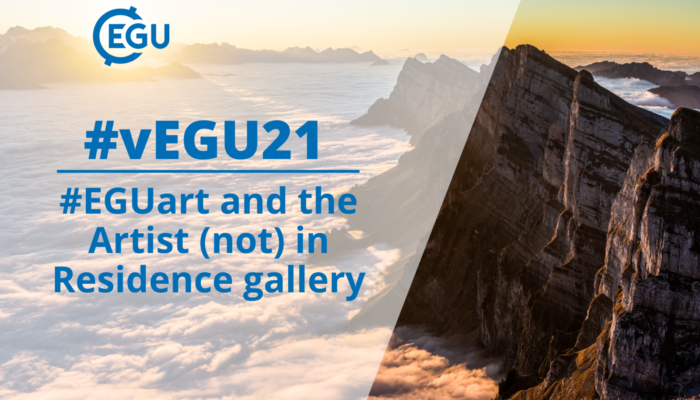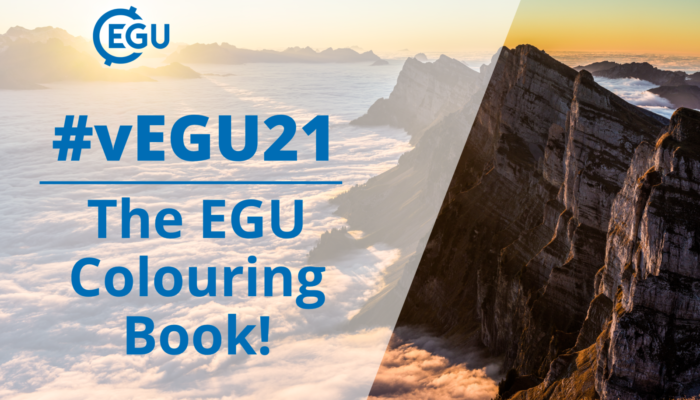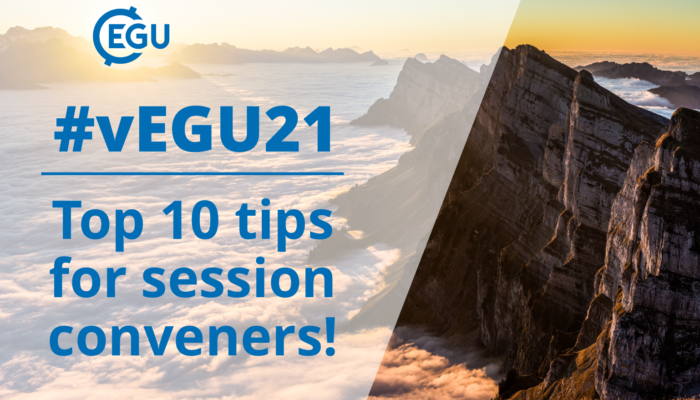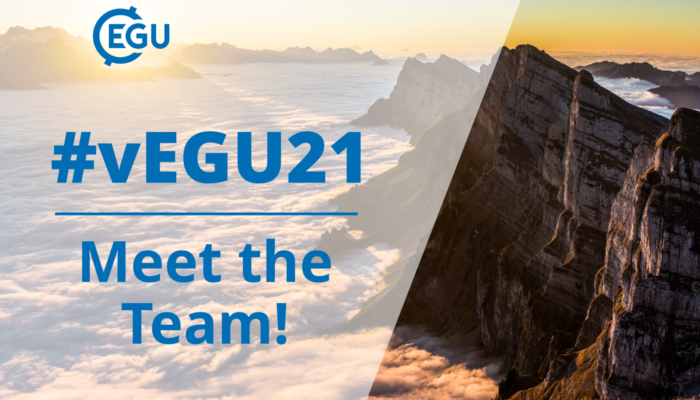This year at vEGU21 we have a whole range of brilliant science-art activities, events and sessions taking place over the two weeks to entertain, educate and inspire you! From the special session on the Art-Science interface, EOS 7.4 to the Kids Art initiative being run by our Cryospheric Science and Natural Hazards Divisions, the #ActualLivingScientist gallery, to show the diversity of people and ...[Read More]
vEGU21: the EGU colouring book!
For the vEGU21 General Assembly, the EGU Equality, Diversity and Inclusion Working Group wanted to try something new. Working with artist Kelly Stanford, they have created an Open Access stock of geoscientist line-drawn portraits that can be downloaded during the vEGU21 and coloured in by you, your colleagues and of course your family and friends. In fact anybody with a set of coloured pencils or ...[Read More]
How to vEGU: Top 10 tips for promoting good online engagement for conveners
Conveners at #vEGU21 are just as important as they are during the physical meeting in Vienna! You can participate with the presenters in your session both by commenting on uploaded display materials and by facilitating the live vPICOs with the breakout author text-chats. But whilst many of you will be familiar with effective methods of engaging with people in person at a physical conference, you m ...[Read More]
vEGU21 GeoTalk: Meet the Communications Team!
This year for vEGU21 we are very excited to be welcoming three great people into our EGU Communications Team for the next month to help with social media, blogging and the press conferences. These interns and volunteer are going to be assisting EGU Communications Officer Hazel Gibson and Head of Media, Communications and Outreach Terri Cook, in the run up to, and during the General Assembly, so if ...[Read More]




